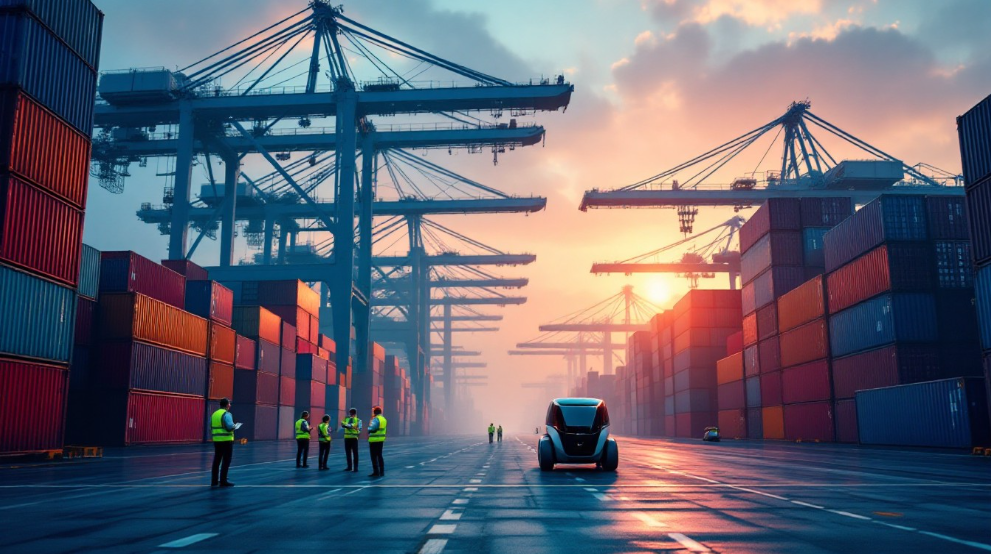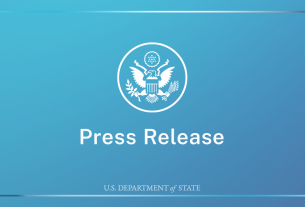Brazil’s Vice President, Geraldo Alckmin, has called for a measured approach following the United States’ decision to impose a 25% tariff on steel and aluminum imports. Speaking from Brasilia, Alckmin emphasized the importance of dialogue and indicated that Brazil would engage with the U.S. to address the issue, suggesting that setting quotas could serve as a viable alternative to the tariffs.
Brazil, one of the largest exporters of steel to the U.S., holds a significant trade relationship with the country. Alckmin pointed out that the U.S. has maintained a trade surplus with Brazil for over a decade, meaning Brazil is “not the problem” in the trade dynamic. Despite this, Brazil faces the challenge of President Trump’s tariffs, which were initially introduced in 2018 under a national security law but later waived for countries like Canada, Mexico, and Australia. Brazil, along with South Korea and Argentina, reached tariff exemption agreements based on historical trade volumes.
Alckmin, who also serves as Minister of Development, Industry, and Trade under President Luiz Inácio Lula da Silva, suggested that the introduction of quotas, rather than blanket tariffs, would be a “smart mechanism” to manage trade. This idea aligns with past practices when tariffs were increased, and quotas were set as a balanced solution.
Brazil’s steel exports to the U.S. have experienced a downturn, with a notable 18% decrease in 2024, according to data from Aço Brasil, the country’s steelmakers’ lobby group. In total, Brazil exported 9.6 million tons of steel in 2024, with 3.4 million tons directed to the U.S. Aço Brasil’s head, Marco Polo de Mello Lopes, expressed cautious optimism about the possibility of reaching a new agreement with the U.S., but warned that time is of the essence to preserve the current quota system, which has been in place for about six years.
As the dispute continues to unfold, Brazil is aiming for a resolution that ensures mutual benefit while safeguarding the interests of its steel industry.



